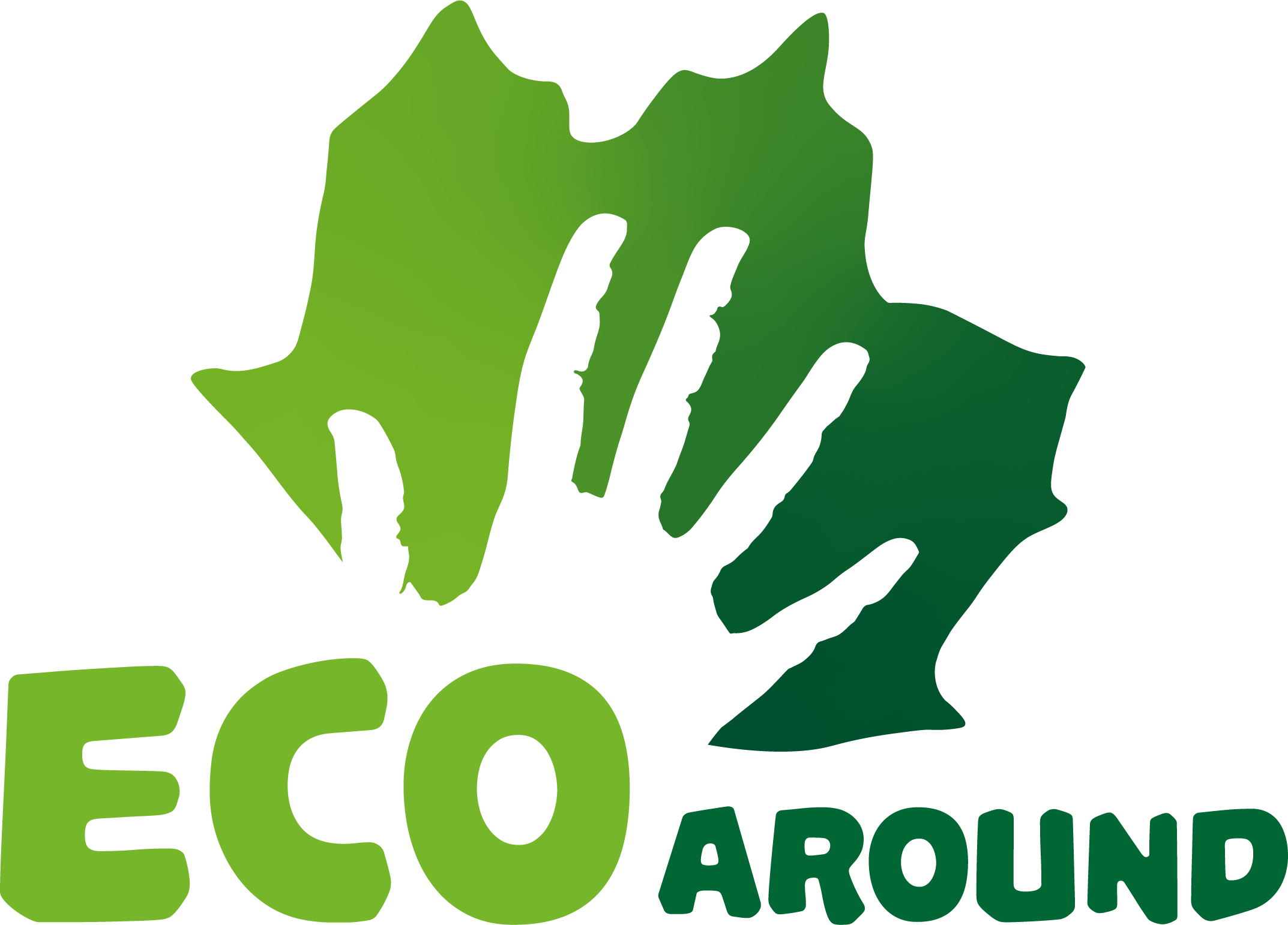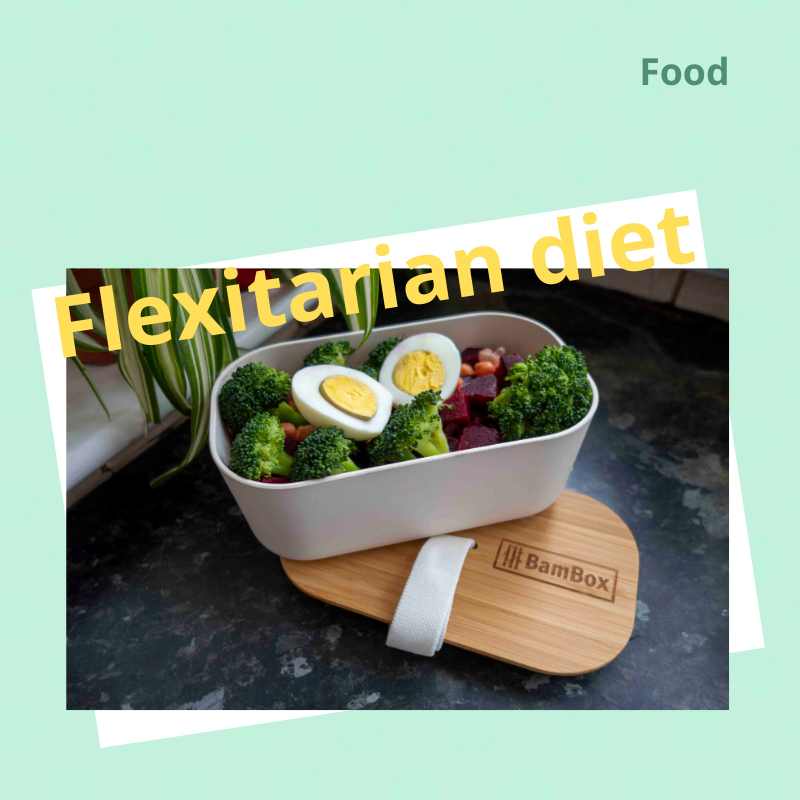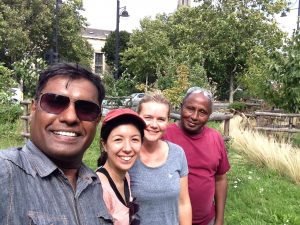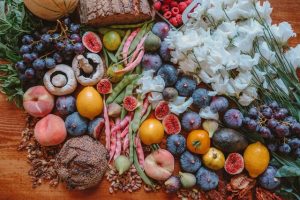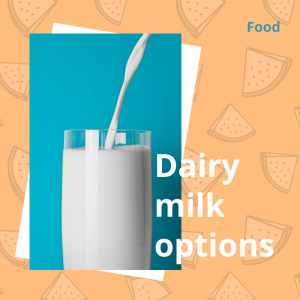Eco present: bamboo lunch box
Here is one of the presents that Ludo received from her friends, a bamboo lunch box to help reduce single-use waste. To help her to have a sustainable flexitarian diet. You can use it to conserve cooked or leftover food in the fridge, bring lunch to work or even as a doggy bag at a restaurant.
Bamboo is a great alternative to plastic:

Ludo has already swapped her plastic toothbrush for a bamboo one.
What is a flexitarian diet?
Ludo likes cooking and nowadays is adopting a sustainable flexitarian diet that is mostly plant-based, reducing the amount of meat and animal products. This is not a diet but more a lifestyle and a way to eat healthier and help the environment at the same time.
It encourages you to:
- eat more natural and less processed food,
- eat more seasonal and local fruits and vegetables,
- limit added sugar and sweets,
- have legumes, lentils, nuts and seeds as your main source of proteins,
- have whole grains instead of white flour which is a highly refined substance.
Plant-based diets use fewer fossil fuels, land and water.
The high demand for meat in fact means people are cutting down large areas of forest in order to grow more animal feed crops (really cows should eat grass not cereals or soya!) and farmers need a large amount of water to irrigate these crops and…also cows need to drink a lot too.
If you opt for meat:
- choose good-quality pastured (not just organic) lean meat such as chicken or turkey,
- oily fish from sustainable sources with the Marine Stewardship Council (MSC) certification

Do you fancy being creative with eggs from time to time?
Try to find a local farmer who sells pastured eggs since the chicken are free to roam around the farm eating in a natural way.
If you are thinking of reducing your consumption of meat and dairy products be aware of nutrients that might be missing:
- Vitamin B12
- Zinc
- Iron
- Calcium
- Omega-3 fatty acids
With the exception of vitamin B12 which only originates from
Quick reminder about vitamins and minerals:
- planted-based iron is better absorbed in conjunction with vitamin
C , - calcium is better absorbed with vitamin D,
- caffeine may very modestly reduce calcium absorption and tea with both calcium and iron.
Further information about the Flexitarian Diet
You can read this

